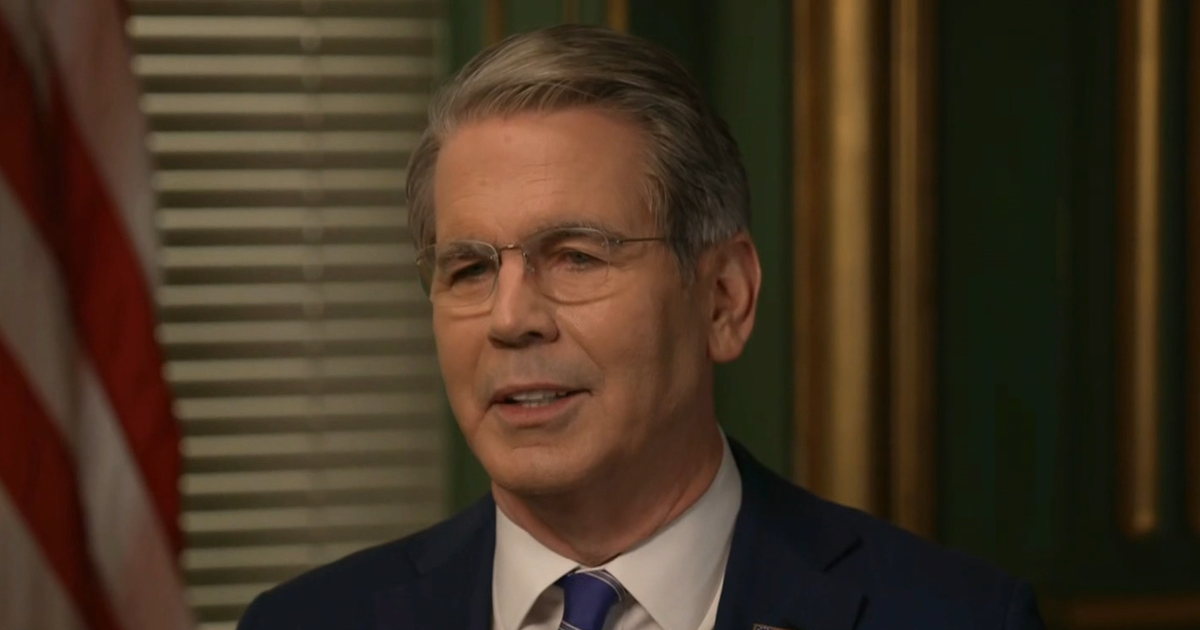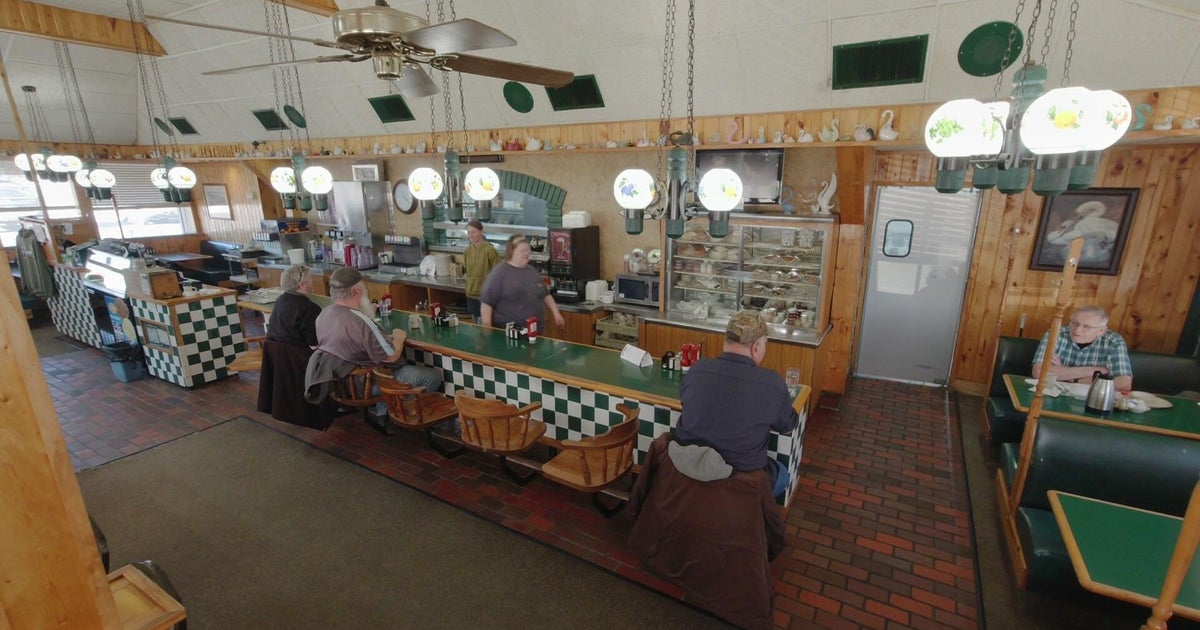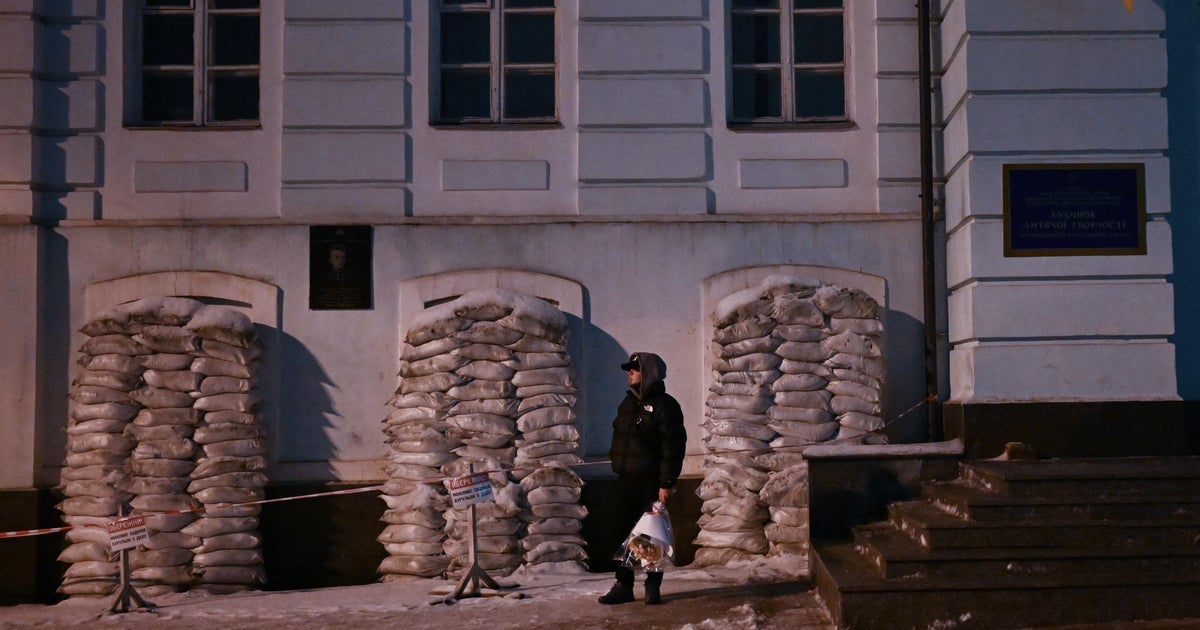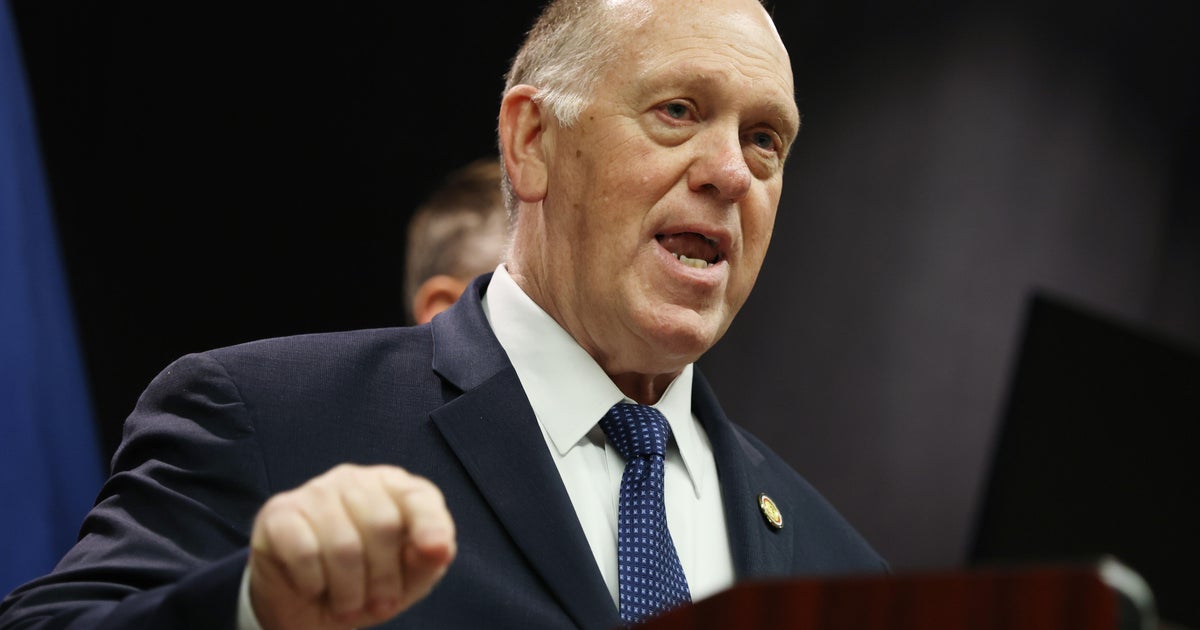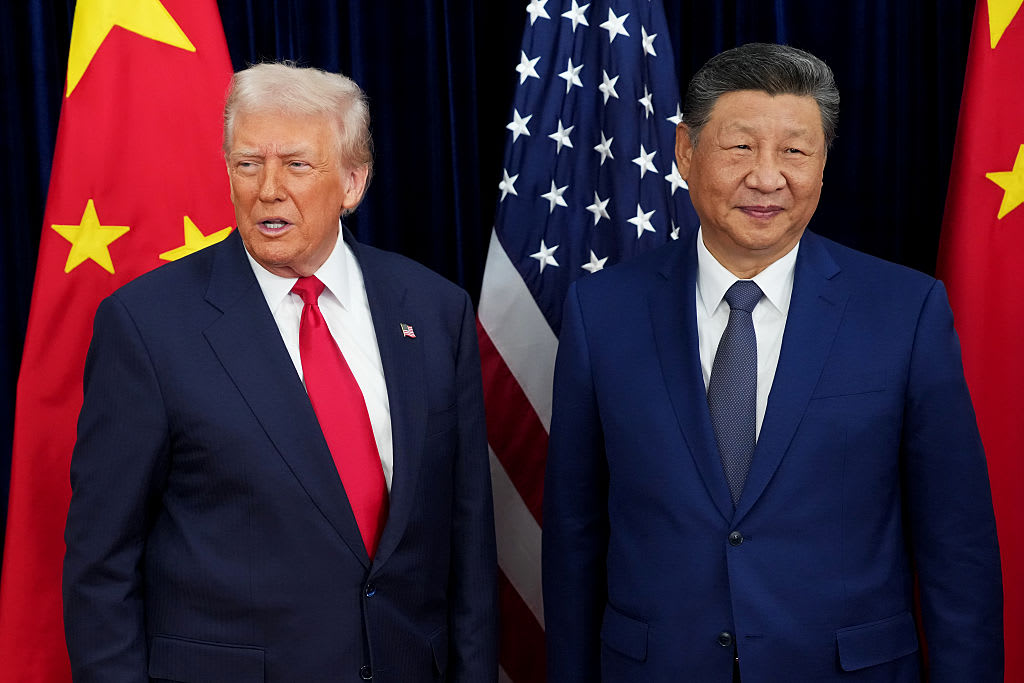Transcript: NATO Secretary General Jens Stoltenberg on "Face the Nation," July 7, 2024
The following is a transcript of an interview with NATO Secretary General Jens Stoltenberg on "Face the Nation" that aired on July 7, 2024.
ROBERT COSTA: Leaders of America's closest European allies will be coming to Washington this week for the annual NATO Summit. NATO Secretary General Jens Stoltenberg is here. Good morning, Secretary General, great to have you here at the table. Let me read you a headline from the Wall Street Journal, quote, "The world saw President Biden deteriorating, Democrats ignored warnings." European leaders and officials expressed worries about his focus and stamina. You're meeting with NATO leaders this week in Washington, you're close with President Biden, and many other NATO leaders. What's your real take on the private assessment of the President of the United States among NATO leaders?
JENS STOLTENBERG: I'm absolutely confident that when all NATO leaders convene here this week, it will be a great summit. We will celebrate the 75th anniversary of the most successful alliance in history. And I just met President Biden in the oval office a couple of weeks ago. And that was a good and productive meeting where we prepared all the important decisions we'll make here on defense, on support for Ukraine, and ultimately on burden sharing that European allies are now really stepping up and spending record amount of money on defense, and of course, also on China and our need to work together. So this is a substance of the summit. And- and of course, these decisions would not have been possible to make without a strong US leadership.
ROBERT COSTA: There's no question the substance is what matters. Well, we just heard from Senator Lindsey Graham of South Carolina, a Republican who's close to the Republican nominee. He's saying he has concerns that world leaders don't trust President Biden to be in command of the job. You speak privately with these people. What's the truth here? Are there concerns or not among NATO leaders?
STOLTENBERG: But if I started to comment on issues like that, then suddenly NATO- I will be part of domestic debater–
ROBERT COSTA: -- It would be easy if you could just said no or yes--
STOLTENBERG: -- But- but- but I think it is important for NATO to stay out of that kind of domestic discussion. They're of course, important in the United States, but NATO should not be part of it. What matters for NATO is the decisions, what you do together. And just for instance, on- on defense spending, which has been a big issue for the United States for many years, the different presidents, when we made the pledge 10 years ago to increase defense spending, only three allies spent 2% of GDP on defense. This year it's 23 allies an increase just this year 18%, across Europe and Canada also record high investments for European allies.
ROBERT COSTA: I understand you want to focus on that. But you've just been with President Biden as you said in the Oval Office, what's your personal assessment? Is he someone you can work with in an effective way on the policy issues?
STOLTENBERG: We had a good-we had a productive meeting. And of course, there is no- no way to make these big decisions on how to further strengthen NATO, enlarge NATO, new members without having a strong US leadership.
ROBERT COSTA: Why such a long timeline to bring in Ukraine, you've talked about a 10-year window, why is it 10 years versus maybe one or two or three years since they're facing war?
STOLTENBERG: Well, no one has said exactly 10 years but- but- but it's obvious that it is a very serious issue to bring in Ukraine. Because Ukraine is now a country at war. Ukraine has been attacked by- by Russia. So the most important thing we should do is to step up our support to Ukraine to ensure that Ukraine prevails. That's a precondition for any future membership for Ukraine.
ROBERT COSTA: Stay with us. We'll have more questions for the Secretary General soon please stay with us.
(COMMERCIAL BREAK)
ROBERT COSTA: Welcome back to Face The Nation, we return to our conversation with the NATO Secretary General Secretary General Stoltenberg. Thanks for sticking around with us. What are the specific deliverables of this NATO Summit, especially when it comes to whether there could be training and an alliance plan for NATO troops with Ukraine.
STOLTENBERG: Well we're making important decisions on stepping up our support to Ukraine and NATO will take over the provision and the coordination of security assistance to Ukraine, and also Cheney, we will have a command established in Germany and with logistical hubs in eastern part of the Alliance to help to get over the equipment domination, and also the training for Ukrainian forces. And this is a- a big and important deliverable from the summit to ensure a more robust framework for how we support Ukraine.
ROBERT COSTA: So the NATO leaders are in Washington focusing on that deliverable, but the Hungarian Prime Minister, Viktor Orban on Friday was just in Moscow meeting with Vladimir Putin, would you discourage him to continue those talks? And should he let NATO handle this at this point?
STOLTENBERG: Prime Minister Orban, he- he made it clear when he came to Moscow that he didn't go there on behalf of NATO, different NATO Allies interact with, with Moscow in different ways. What matters for me is that all allies have agreed that we need to do more for for Ukraine, both with this new training and assistance that NATO will provide to Ukraine, but also with the long term pledge, and I also expect that by the summit that starts next week, Allies will make new announcements on more air defense and more ammunition. So yes, Hungary have as a- Prime Minister Orban has been in Moscow, but that doesn't change the common decisions we have made as NATO.
ROBERT COSTA : Does it affect NATO in any way to have Orban doing his own thing?
STOLTENBERG: No, because the reality is that we are able to make decisions on how we are going to step up our support to Ukraine, because we all want peace. The thing is that the answer was always to- to- to- to end the war is to lose the war. But that that's not peace, that's occupation. So therefore, we need the last thing, just peace. And the only way to get there is to convince President Putin that he will not win on the battlefield, he has to sit down and accept a solution where Ukraine prevails as a sovereign, independent nation in Europe, and the only way to convince Putin that he will not win on the battlefield is abroad military support to Ukraine. So a negotiated solution that is lasting for Ukraine requires military support to Ukraine.
ROBERT COSTA: It's notable Secretary General that Australia, New Zealand, Japan, South Korea will be joining this summit. Is this about trying to come up with a strategy for China as China works with Russia on its war with Ukraine?
STOLTENBERG: Yes, very much so because the war in Ukraine demonstrates how closely aligned Russia and China and North Korea and Iran are. China is the main enabler of Russia's war aggression against Ukraine. President Xi and President Putin, they all want NATO, the United States to fail in Ukraine, and if Putin wins in Ukraine, it will not only embolden President Putin it also would emboldened President Xi, as the Japanese Prime Minister said what happens in Ukraine today can happen in Asia tomorrow. So it demonstrates that NATO is important for the United States also in addressing China, the United States is big. But in NATO, you have something that no other big powerhouse and that is more than 30 friends and allies. The United States is 25% of the world's GDP. Together with NATO ally- allies were twice as much, 50% of the world's economic and military might. So the United States is stronger also in addressing China together with NATO.
ROBERT COSTA: And last thing here quickly, Secretary General last week, the American military's European Command raised the threat level at bases on the continent to what's called Charlie, that's the second highest of five threat levels. Do you share as the leader of NATO, this heightened concern about security in Europe?
STOLTENBERG: Yes, we always have to be vigilant and aware of the threat of terrorist actions and therefore it is important that the US command is vigilant and take the decisions on alert levels which they deem necessary.
ROBERT COSTA: What's driving it? Is it Gaza, Ukraine, the Olympics?
STOLTENBERG: It is a combination is always a bit dangerous or difficult to go into the details of intelligence but- but NATO, the US we have to be aware of the constant threat of new types of attacks and that's exactly what we are by also exchanging more intelligence and working together.
ROBERT COSTA: Secretary General Stoltenberg thanks for being here. We appreciate it and we'll be right back.
